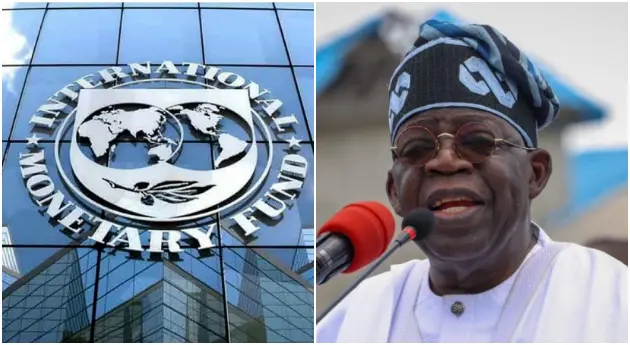The International Monetary Fund’s (IMF), World Economic Outlook Database shows that Nigeria’s current account balance recorded a surplus of $1.432 billion.
The figure depicts that the rise in the Federal Government’s account for the period shows a substantial increase from the $1.21 billion surplus recorded in 2023.
A country’s current account balance represents reflects the balance between exports and imports, income earned and paid, and asset increases or decreases.
It also shows a country’s combined total trade balance, net income, direct transfers, and asset income, providing a comprehensive situation of its international economic transactions.
If the balance is positive, it portrays a net lending position, while a negative balance shows a net borrowing position.
Nigeria’s growing gross national savings and investment have been attributed to the improvement in the current account balance
Nigeria’s gross national savings increased to 26.32 percent of the GDP in 2024, up from 24.61 percent in 2023, and total investment rose to 25.75 percent of GDP, compared to 24.28 percent in 2023.
The surplus in the current account balance sign posts a favourable trade balance and income, further boosting the country’s economic stability.
The growth in savings portrays rising disposable income, and moving towards a more savings-oriented economy, while the increase in investment shows a boost in economic activity with the likelihood for future growth.
The IMF data provides a positive outlook for Nigeria, indicating that the economy is growing with increasing investment and savings.
If this pattern continues, it is expected to spur economic growth and stability in the West African subregion.
Also read: Fuel subsidy expenditure to hit N5.4trn by end of 2024 — Finance Minister
